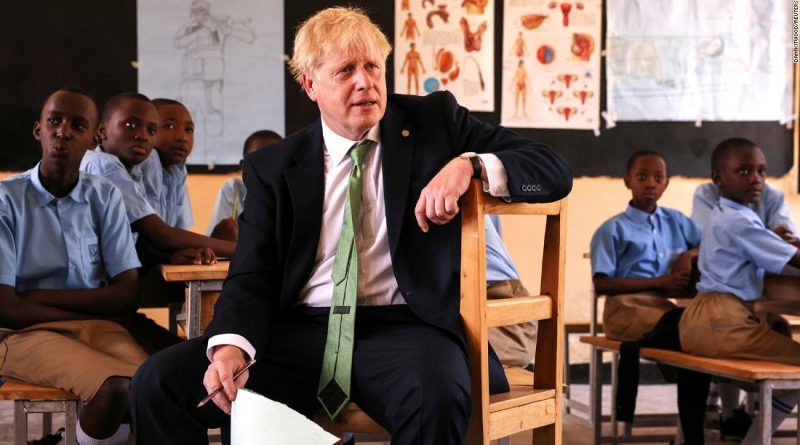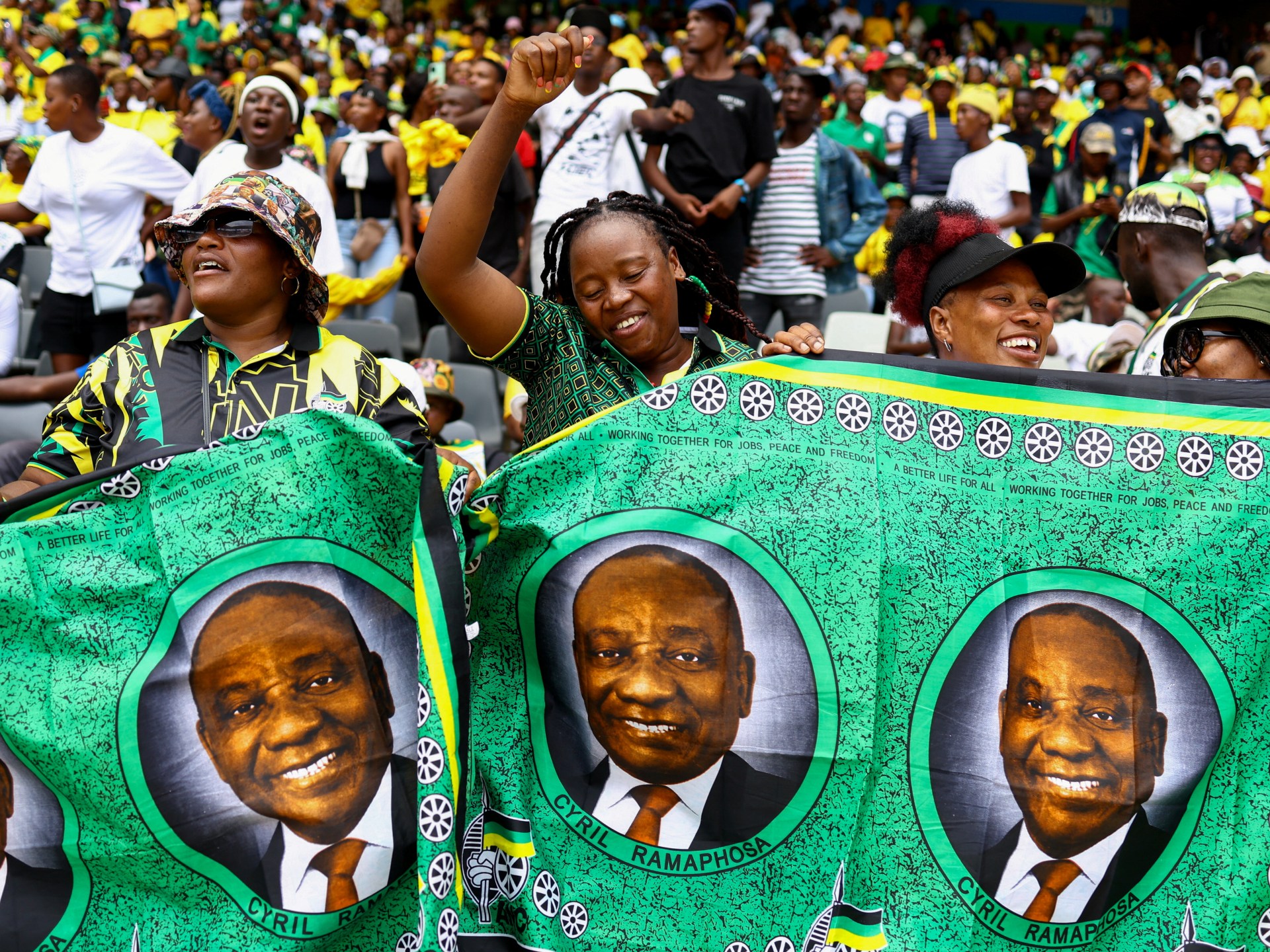Analysis: Boris Johnson’s future in peril as Conservative Party hit with double election losses
Labour’s Simon Lightwood won the West Yorkshire seat of Wakefield, in northern England, with a majority of 4,925 on a swing of 12.7 percentage points from the Conservatives to Labour.
Moments later, Liberal Democrat Richard Foord won the Tiverton and Honiton by-election in Devon, western England, with a dramatic swing of almost 30 points. The Conservatives had held the seat with a majority of more than 24,000 votes, so the win was one of the biggest ever majorities to be overturned at a UK parliamentary by-election.
Helen Hurford, the defeated Conservative Party candidate, had locked herself in a room previously reserved for media interviews at the counting venue, and was reportedly refusing to speak to any media, PA Media reported.
“This is an historic victory for the Liberal Democrats and a devastating blow for those Conservative MPs who continue to prop up Boris Johnson,” a Liberal Democrat spokesman told UK media outlets.
Johnson said the UK government needs to “listen to the results” of the crushing by-election losses, which prompted the Conservative Party’s own chairman Oliver Dowden to resign from his role.
Speaking during a pooled interview during a visit to Rwanda, Johnson called the “tough” results a “reflection of a lot of things,” acknowledging that British voters are “going through a tough time at the moment.”
“As a government I’ve got to listen to what people are saying. And, to the difficulties people are facing over the cost of living, which is I think, for most people, the number one issue,” Johnson remarked.
Thursday’s by-elections were triggered by high-profile resignations of Conservative lawmakers — one who admitted watching porn inside the chamber of the UK parliament, and another found guilty of sexually abusing a teenage boy.
The results are significant — and deeply concerning for the ruling Conservative Party — for two reasons. The Tiverton and Honiton defeat means that many once-safe seats in southern and western England could be at risk in the next general election. The Wakefield result suggests Labour could take back many of the so-called Red Wall seats that swung to Johnson’s party in the 2019 election.
Johnson has faced numerous other scandals that have hit his standing in the polls — despite his 80-seat landslide victory just two-and-a-half years ago. These include accusations of using donor money inappropriately to pay for a refurbishment of his Downing Street home and whipping MPs to protect a colleague who had breached lobbying rules.
Few tools in the box
If these scandals — often dismissed by government ministers as “Westminster Bubble” stories — were Britons’ only concerns, Johnson might not be in such serious trouble. But perhaps the biggest problem facing the Prime Minister is one that is to some extent out of his hands.
The cost-of-living crisis is escalating and the government has few tools in its box to make things easier for British citizens. There have been energy rebates and grants to help the worst affected, but given the pace of inflation, they largely fail to address the magnitude of the problems.
Only this week, the country battled on through the worst rail strike in 30 years. The unions and opposition politicians point the finger of blame squarely at Johnson for refusing to negotiate with the unions.
Johnson’s allies will likely spend the next few days declaring that he is the only person who can turn it all around and return the party to a winning position ahead of the next general election, currently scheduled for 2024.
That might be true. But it might also be true that the public has made up their mind on him. Where once, many admired him as the man “Who Got Brexit Done,” as his campaign posters boasted — now he might just be another regular politician to much of the public.
Johnson is out of the country for the weekend, attending Commonwealth, G7 and NATO summits in Rwanda, Germany and Spain. It is usually when the leader is out of the country that the biggest plotters in Westminster do their best work. And there are a significant number of Conservatives who think that Johnson is dragging the party into oblivion and will cost them their jobs — and power.
He’s already faced one confidence vote. He could very well face another before the end of the year. But the question some Conservative MPs are asking quietly is, has Johnson’s premiership scorched the earth? Is there anyone who could rebrand the party, as Johnson did in 2019, and lead a refreshed party to another victory?
Unless an election is called early, the Conservatives will have been in power for 14 years when they ask the public to grant them another five. In that time they will have had three vastly different leaders who were, it was thought at the time, the best people for the job.
If the country still feels like it’s going backwards, it will be very hard for Johnson — or any other Conservative — to make the case that they are the people to take it forwards and maintain a straight face.
CNN’s Niamh Kennedy contributed to this report.




